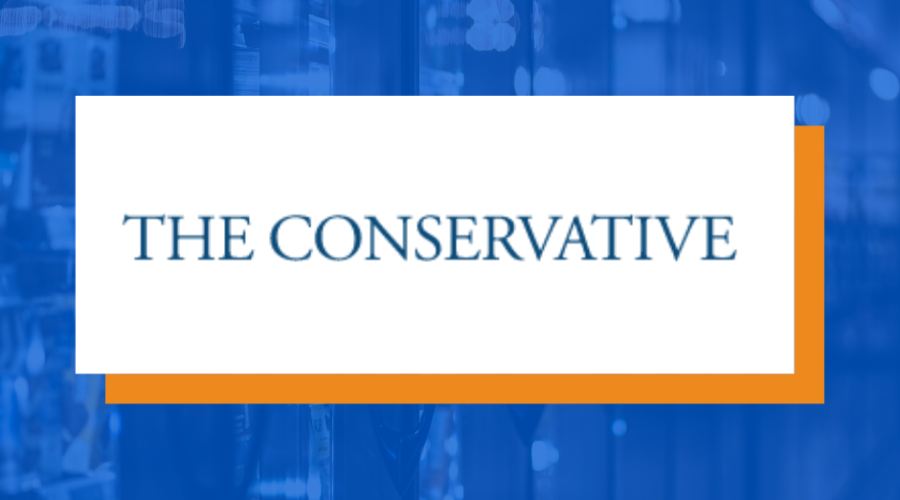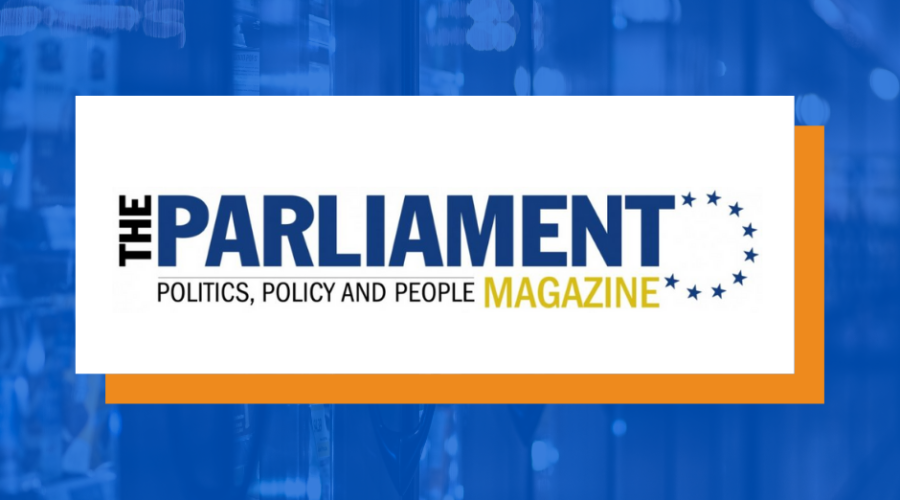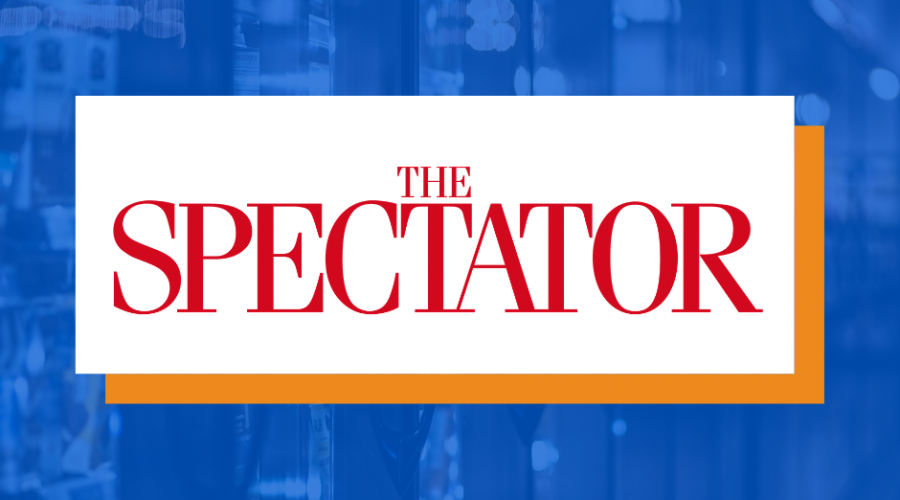After Covid disaster surely game’s up for pitiable World Health Organizaton COMMENT
SINCE the first case of Covid was detected in Wuhan in December 2019, the coronavirus has infected more than 130 million people across the world, killing almost three million.
Many thousands of words have been written about the failures of local health authorities like Public Health England in preparing us for a pandemic, but perhaps the most important body of all has still not been properly held to account: the World Health Organization. Before 2020, most Brits probably didn’t know very much, if anything, about the WHO. It’s an arm of the United Nations, like the International Monetary Fund or the World Trade Organization, spending most of its time working away in the background to safeguard against health emergencies, leaving the rest of us to get on with our lives.
Except, of course, as we have now learned, the WHO was wilfully neglecting its duties and generally doing a terrible job, at enormous cost.
The WHO was wildly unprepared for the pandemic – with tragic consequences – because it spent much of its time playing politics rather than serving its purpose.
It failed to do any of the things it should have done when the virus first broke out, even those as fundamental as being transparent about what was going on.
It wasted valuable time before declaring a pandemic. It cosied up to China rather than tracing the origin of the virus. It issued actively harmful advice against masks.
Put simply, it is hard to imagine how a well-funded body charged with protecting people’s health could possibly have performed any worse.
Even putting aside its appallingly close political relationship with the dictatorial, genocidal Chinese Communist Party, the WHO failed to perform its most basic function, tripping up at every hurdle.
If the world had been better prepared, perhaps Covid would not have resulted in the unnecessary deaths of millions of people.
The WHO has form when it comes to mishandling epidemics. During the 2009 H1N1 influenza pandemic, and again during the 2014 Ebola outbreak, it came in for widespread criticism.
One of the factors singled out as a cause of its mismanagement of these crises was an aversion to offending member states, in exactly the same way that it is now loath to offend China.
There’s no reason why these awful failures should be the new normal. In the 20th century, the WHO was effectively responsible for eradicating smallpox. But since then, things seem to have gone drastically downhill.
The WHO has patently failed to adequately address the scourge of anti-vaxxers leading to diseases like measles, which were all but eradicated, but which are now making a comeback around the world.
The WHO also received widespread criticism from animal conservation groups for recognising traditional Chinese medicine in its international guidelines after lobbying by Beijing, despite its role in driving the illegal trade and poaching of endangered species including pangolins and tigers — a trade that might ironically have contributed to the coronavirus’s outbreak in the first place.
The problems with the WHO run deep. It should not have taken a once-in-a-generation health disaster to expose them.
It’s time to ask some existential and probing questions. What is the WHO? What is it for? Where are its vast funds coming from? At the moment, it is trying to pretend it is both a humble, do-gooder charity which just has our best interests at heart and an all-powerful supranational organisation. It wants to be the undisputed centre of power for healthcare around the world, but without ever being held accountable for its actions. If the WHO is a charity, it should not be playing politics and cosying up to dictatorial regimes. If it’s not a charity, it must be subject to proper democratic oversight.
The WHO has not expressed any hint of remorse over its failures. There is no reason to think it is going to voluntarily change the way it operates. It’s high time for the rest of us to stand up to it and demand some answers.
Originally published here.










